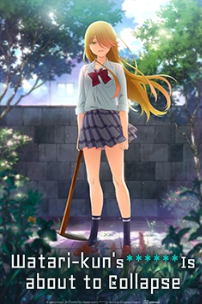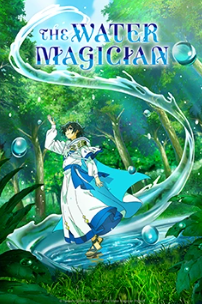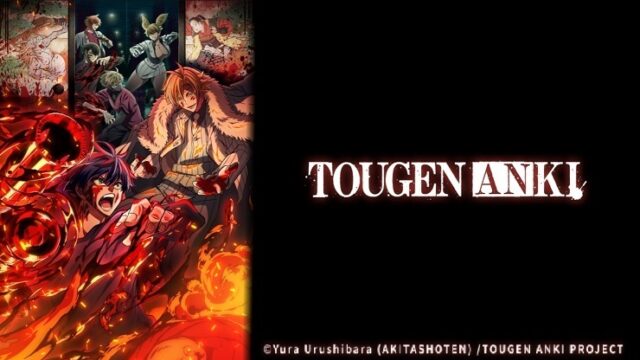English Dub Season Review: The Beginning After the End Season One
Based on the American web novel by TurtleMe and illustrated by Fuyuki23, this story follows King Grey, a once-unmatched ruler whose power, fame, and wealth left him isolated and distrusting. After a sudden and mysterious death, he is reincarnated as Arthur Leywin, a powerless infant in the magical continent of Dicathen. Surrounded by a loving family and vibrant new companions, Arthur embraces a second chance at life. One filled with emotion, wonder, and purpose. Drawing on the knowledge of his former self, he grows up as the magic-wielding son of retired adventurers, gradually finding the meaning and connection that eluded him before. When a selfless dragon sacrifices herself to protect him, Arthur commits to living with kindness and courage, forming deep bonds with allies like a lost elf princess from Elenoir as he sets off on a journey to rediscover who he truly wants to be.
On the technical side, this anime was produced by Studio A-Cat and directed by Keitaro Motonaga, with Takamitsu Kōno writing series scripts, Masami Sueoka designing the characters, and Keiji Inai composing the music. The opening theme song is “Kingsblood”, performed by Kala, while the ending theme song “Midday Moon” was performed by Seiza.
The anime adaptation of The Beginning After the End (Or “TBATE” as most fans call it) has stirred up a storm of debate, especially among long-time fans of the source material. From the outset, it’s clear that this version strays significantly from the manhwa, with several key story elements omitted, altered, or glossed over. The most jarring issue, however, is the lackluster production quality, particularly in terms of animation and music. It’s an adaptation in name only, and those hoping for a faithful or visually engaging translation of the original narrative will likely walk away disappointed. For newcomers, this anime isn’t the best place to start; the original comic is simply a richer and more coherent experience.
That said, from the perspective of an anime-only viewer, the series isn’t without its appeal. The story, despite its flaws in execution, holds a compelling core: a reincarnated king navigating a new world with unfamiliar rules. The premise itself is interesting, and some episodes manage to be engaging on the strength of that alone. The fights, though visually unimpressive, can still be enjoyable, and the pacing generally keeps things moving. Viewers unfamiliar with the source material may find themselves entertained, if not blown away. It’s a mid-tier isekai with a good enough hook to keep going, especially if expectations are managed.
The larger issue seems to stem from the widening gap between audience expectations and production capability. Many viewers—especially those who loved the manhwa—came into this hoping for the same treatment that titles like Solo Leveling received. But instead of dynamic animation and careful adaptation, we get stiff movements, recycled scenes, and exposition-heavy dialogue. At times, the anime feels like a low-effort motion comic, with frequent reliance on pans across still images rather than full animation. This might be tolerable if the storytelling were stronger, but when major moments fall flat and character development feels rushed or incomplete, it only amplifies the adaptation’s shortcomings.
The animation and music offer a mixed bag. The soundtrack is a highlight, with a catchy opening theme and some enjoyable compositions that complement the fantasy atmosphere. Unfortunately, the animation itself is a glaring weakness. The show leans heavily on static images and minimal movement, sometimes resembling a slideshow rather than fluid action sequences. CGI elements, such as the wolves, come off awkward and underwhelming. These production shortcuts are likely due to a limited budget and tight schedule, which fans of the manhwa understandably find frustrating, given the potential of the story.
Overall, the series struggles to do justice to its source material, weighed down by clumsy pacing and underwhelming production values, even as a handful of moments (and the catchy opening theme) demonstrate what it could achieve with tighter adaptation choices and a bigger budget. For those willing to look past its missteps. There’s enough charm and potential with season two’s recent announcement, to hopefully learn from its mistakes, and to improve somewhere down the line…


























"There are also other characters that come and go (also owned by the Warner Bros. Discovery conglomerate media company)."
Huh. Is that just referring to other characters from the show itself, or is this implying that the new season is going to have cameos from other WBD IPs